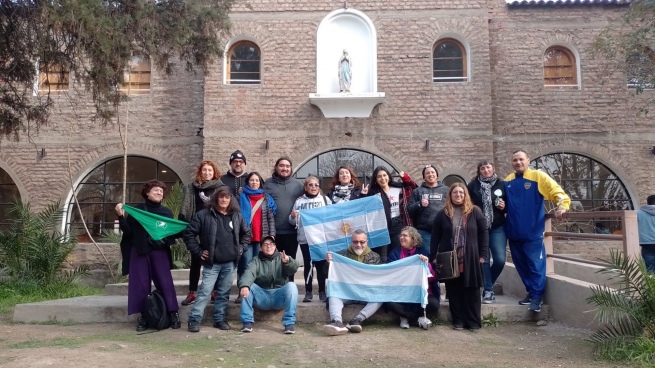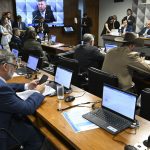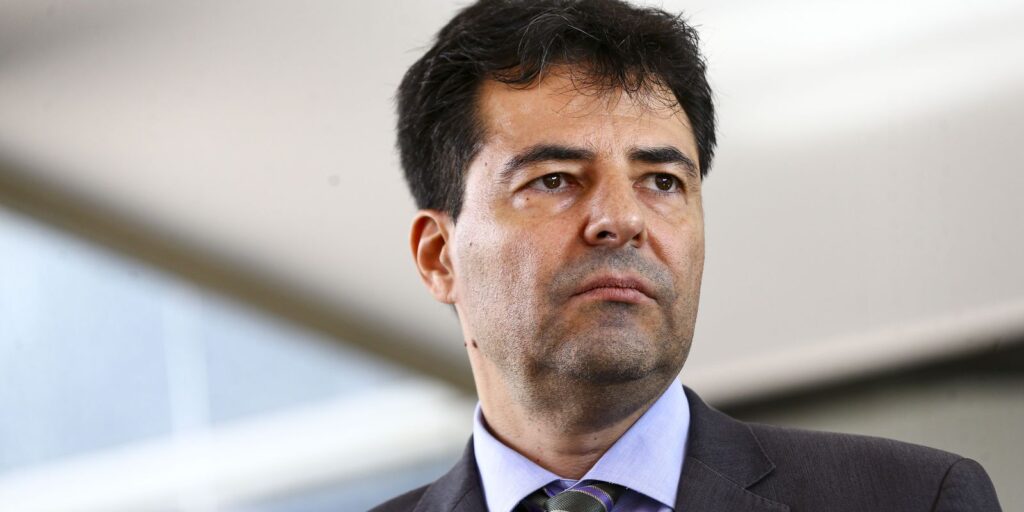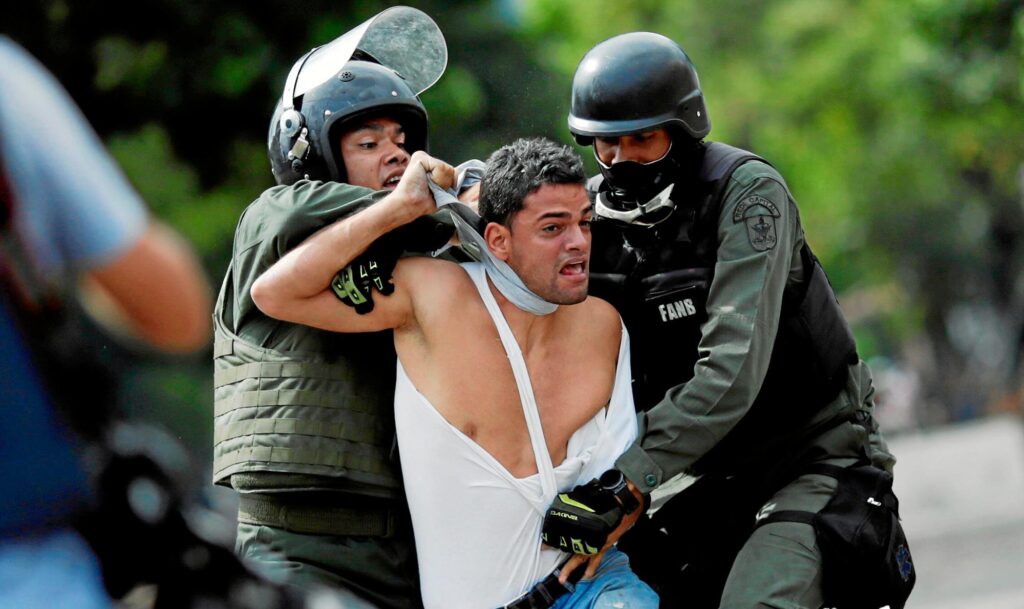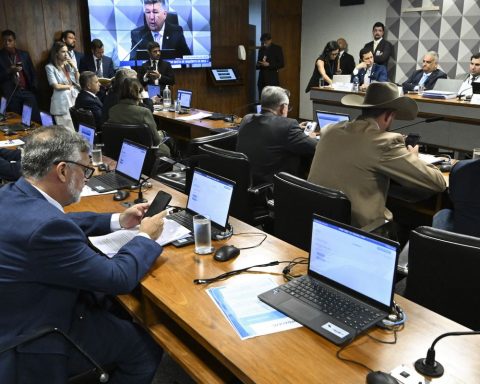The problem of homeless people cannot be resolved, spokesmen for the Second Latin American Meeting of Civil Society and Homeless People which takes place in Santiago de Chile, while the coordinator of the Argentine NGO Proyecto 7, Horacio Ávilaadded that “our governments join a welfare look” and that with these meetings they seek to “influence the application of public policies” at the Latin American level.
The meeting, which brings together 60 people from nine countries (Mexico, Guatemala, Colombia, Peru, Ecuador, Argentina, Uruguay, Brazil and Chile) is held at Casa San Francisco Javier in the capital’s Ñuñoa neighborhood, a retirement home of the church, which serves as accommodation and meeting for all attendees.
From Argentina, 17 people from five local social organizations attended.
The organizer of the meeting and executive director of the Fundación Gente de la Calle in Chile, Francisco Javier Román, told Télam that this is the second regional meeting, both held in Chile, and “the call was for organizations that we work with and for homeless people, from a rights perspective,” since it recognizes the importance of solidarity and help, but it should not stop there.
“There are certain differences, and that difference is in the organizations that have an exclusively charitable vision, that do not generate deep and structural changes. This does not mean that we do not value and validate that experience because people in street situations require this first response in terms of food, clothing, shelter and shelter, but it also has to do with reflections” of another kind, Román remarked.
“It is our governments that do not always do the job well and that unfortunately also join this more welfare approach and that do not manage to really solve the problem. Simply, what they do is adopt patchy, punctual measures, with very low coverage,” the organizer finished.
One of the Argentine organizations present in the meeting is project 7, that assists homeless people and brought three members to Chile.
For your coordinator, Horace Avila“the idea is to see what is public policy in each country. What we see in these regional meetings is that we -as Argentina- have come very advanced in the matter of legislation, we have the porteña law, the national law and some other questions. In the rest of the countries they are quite complicated with this issue because they do not have the issue on the parliamentary agenda and, therefore, it is not given the treatment it deserves.”
Ávila, who also lived on the streets, recalled that they had to raise the money to pay for the trip of the three members of Project 7, and that the objective of the meeting is “to continue working, looking for the return so that throughout the region there are public integration policies for homeless people, no matter what country it is where there is a homeless person”.
And he hopes that “this meeting will have an impact so that the country applies public policies.”

Ávila added that for Project 7 “it is a very particular moment, because most of us were on the street. This is an organization that has that particularity because it is made up of people who were, and some are currently on the street. VWe have been fighting for 20 years and we are the voice of the street in this meeting”.
In a dialogue with Télam, he added that “many of us slept on the street, ate in the garbage, we suffered everything that people who are on the street suffer.”
Melina Pelayes from Red Puentes, an Argentine institution framed in the organization Nuestramérica Popular Movement, which works with homeless people and problematic consumption in the country, stated that “what we seek (with this meeting) is to nurture ourselves from the multiple experiences and the different approach teams that are carried out in terms of street situations”.
Pelayes evaluated this experience as “super nutritious for knowing how the street situation is worked in different countries. All of us who work in Latin America have the same look, the same perspective of considering the person living on the street as a subject of law capable of resolving the situation in which they find themselves”.
Mariana González, of excluded workersit is the first time that he has participated in this meeting and he hopes to take “many tools, exchange with other countries, ways of approaching and learning about other forms of financing to accompany people in street situations.”
The organization “Not So Different”, a transfeminist social group made up of women and LGBT people living on the streets or at risk of being homeless, is present at the meeting through Daniela Camozziwho told Télam that “our expectations have already been met because the work in commissions is very rich. Our goals were to come to share, learn and create stronger ties.”
“We brought the strong transfeminist perspective that seems fundamental to us to work from the intersection because the oppressions are multiple and the street situation is the product of those multiple oppressions. From that perspective I think that all the organizations are uniting here to work,” Camozzi concluded.
Sebastian Ferrero, of the Civil Association “Don’t be a jerk” He said that they came to Chile to “unify forces from the different cultures and policies of the different Latin American countries. Also to find out what are the elements that strengthen us and make us one, to continue accompanying this multiplicity and complexity.”
The social leader considered that the aid should not remain in welfare.
“We talk about humanization, and it is clearly a first step to receive food, shelter, a place to sleep, assistance for our health and justice, but it cannot stop there. We must go further so that this reality does not continue to multiply. On the contrary, we have to be able to transform it, and for that public policy is necessary or generate public policies that provide answers to this transformation,” added Ferrero.
A poster in one of the meeting rooms has a phrase by Eduardo Galeano that sums up the spirit of the debates: “And today, more than ever, it is necessary to dream. To dream, together, dreams that undream and incarnate in mortal matter.”
